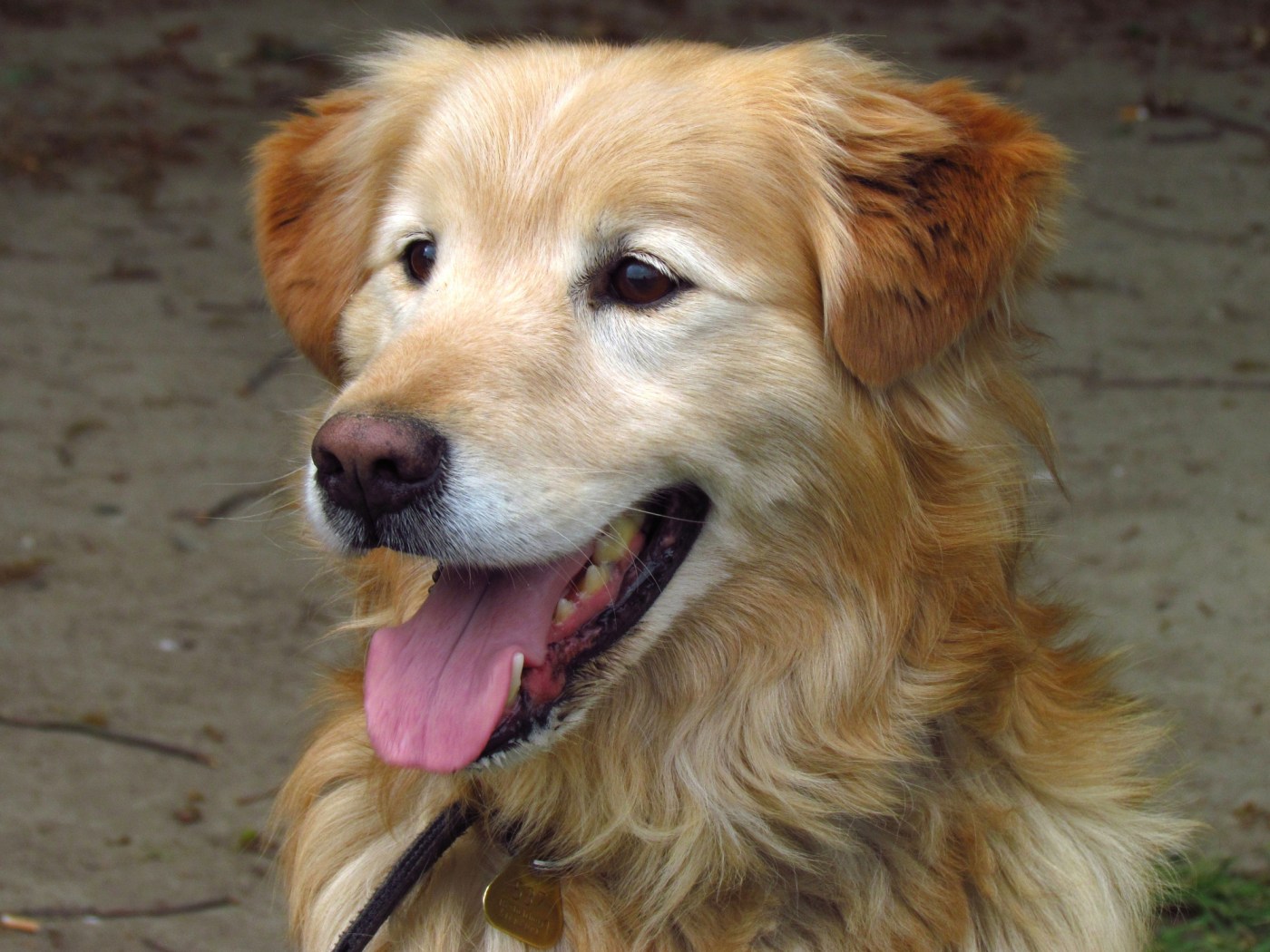As temperatures soar during summer months, pet owners often look for ways to keep their furry companions comfortable. For owners of long-haired dogs, the instinct to shave down their pet’s coat might seem like a logical solution. However, experts warn that this well-intentioned act could inadvertently cause more harm than good.
Dr. John de Jong, President of the World Veterinary Association, advises against shaving long-haired dogs, explaining that their thick coats serve as natural insulation. “Their long hair and often thick double coats protect them from the heat in the summer as well as the cold in the winter,” Dr. de Jong stated. Removing this protective layer can increase the risk of heat stroke and sunburn.
The Science Behind Canine Coats
Long-haired dogs, such as those resembling mixes of spaniels, retrievers, and shepherds, possess coats that function as natural temperature regulators. These coats trap air, providing a buffer against external temperatures. Shaving disrupts this mechanism, leaving dogs vulnerable to the elements.
According to veterinary experts, certain breeds with hair that continuously grows, like poodles, can benefit from regular grooming. However, breeds with double coats should maintain their natural fur length to avoid overheating and potential health issues.
Recognizing Heat Stress in Dogs
Pet owners should be vigilant for signs of overheating, which include excessive panting, drooling, lethargy, and disorientation. Dr. de Jong warns that if a dog’s gums appear bright red, it could be a sign of severe heat stress. In extreme cases, symptoms can escalate to vomiting, diarrhea, seizures, and even collapse.
“Any signs like this must be addressed immediately,” Dr. de Jong emphasized. “Cool wet towels, placing the dog in cool water, and providing water to drink are helpful, but if there is any doubt, the dog should be taken to and seen by a veterinarian.”
Preventive Measures for Pet Owners
To protect dogs from heat-related illnesses, owners should ensure their pets have access to cool shade and plenty of water. Limiting exercise during peak heat hours and avoiding prolonged exposure to high temperatures are also crucial measures. Importantly, pet owners should never leave their dogs in parked cars, as temperatures can rise dangerously high in a matter of minutes.
Dr. de Jong reassures pet owners that a shaved coat will typically grow back without issue, but advises against repeating the mistake in subsequent years. “Your dog’s coat should grow back uneventfully,” he noted. “Just don’t do the same next year.”
Looking Ahead: Responsible Pet Care
As climate patterns continue to shift, with heatwaves becoming more frequent, understanding the unique needs of different dog breeds is essential for responsible pet care. Veterinarians and animal welfare organizations advocate for education on the specific grooming needs of various breeds to prevent well-meaning but potentially harmful practices.
For further guidance, pet owners are encouraged to consult with veterinary professionals who can provide tailored advice based on individual pet needs. Dr. John de Jong, who operates the Boston Mobile Veterinary Clinic, remains a resource for pet owners seeking expert opinions on maintaining their pets’ health and well-being.
